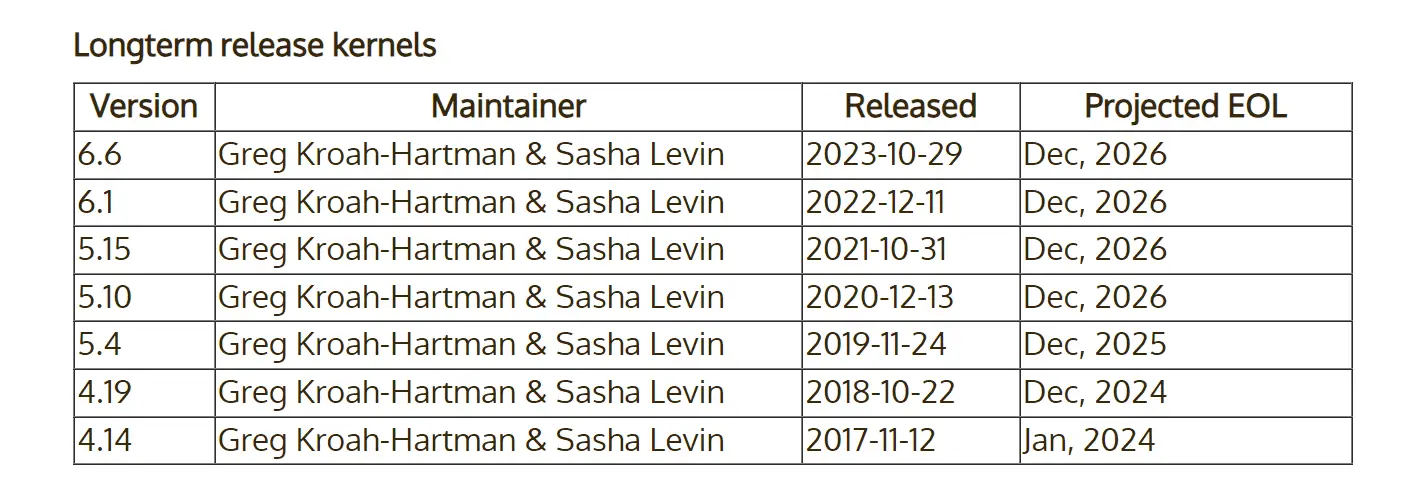
The Linux Kernel 6.9 series, a non-long-term support (LTS) version released in May 2024, has officially reached its end of life. This means that users who have not yet upgraded will no longer receive critical security updates, leaving their systems vulnerable to potential threats.
Non-LTS kernels, by design, have a brief lifecycle. The Linux Kernel 6.9 series concludes with version 6.9.12, now officially designated as EOL on Kernel.org. This means no further updates, including critical security patches, will be provided, making it imperative for users to upgrade to safeguard their systems.
For users seeking immediate alternatives, the Linux Kernel 6.10.y branch is available, with the latest version being 6.10.3. However, like its predecessor, this version is also non-LTS and offers only a few months of support. Users should consider rolling updates according to their specific Linux distribution to stay current.

For those desiring stability and less frequent upgrades, LTS versions present a more viable option. Linux Kernel 6.6 LTS and 6.1 LTS are both supported until December 2026, providing a prolonged period of reliability and security without the constant need for upgrades.
Many popular GNU/Linux distributions, including Fedora Linux, Ubuntu, and Linux Lite, have already transitioned or are planning to transition to the 6.10.y branch shortly. Users of these distributions should check their respective developer websites for specific upgrade instructions.
Looking ahead, the Linux Kernel mainline version 6.11-rc2 has been released and is currently undergoing testing. Once finalized, this version will offer another upgrade path for users currently on 6.9.
Related Posts:
- SLUBStick: Linux Kernel Exploitation with Cross-Cache Attacks
- Linux Users Hit by CrowdStrike Fallout: Kernel Panics Reported
- IPFire Fortifies Against SYN Flood Attacks with New Protection Feature
- Linux Flaw: CVE-2024-1085 PoC Exploit Exposes Privilege Escalation Risk